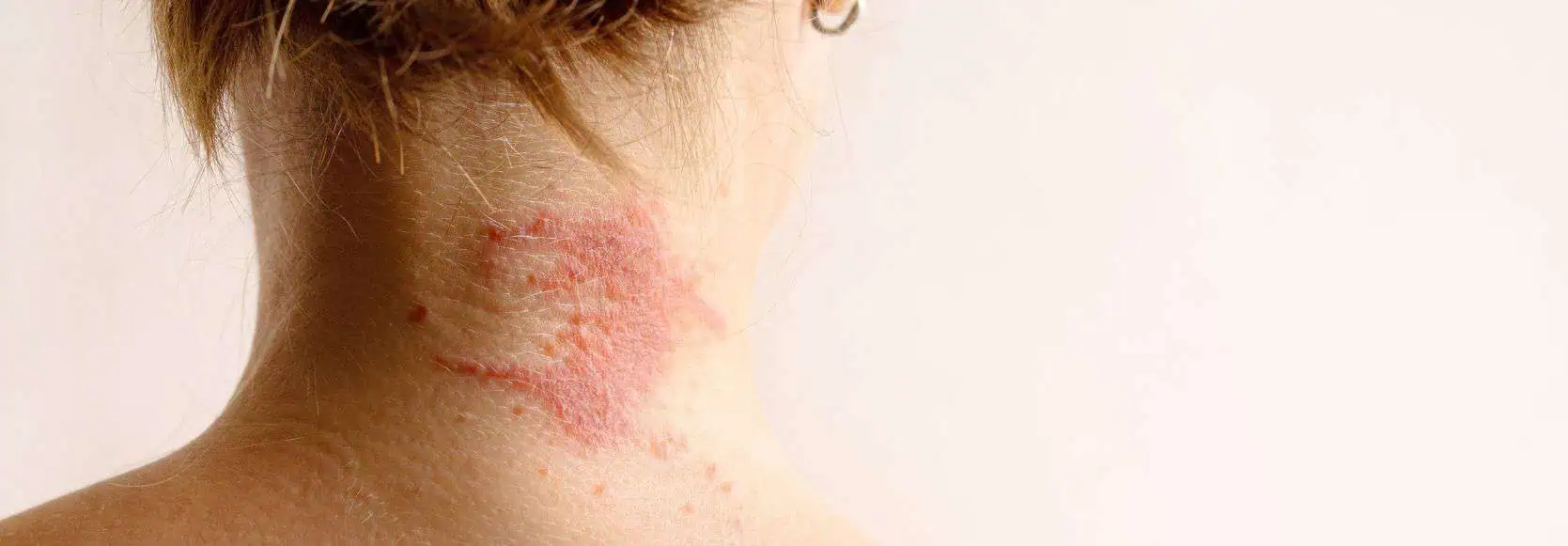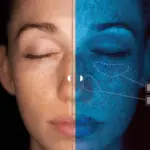Dermatologist Recommended Acne Treatments
Acne affects around 50 million of the world’s population and is most prevalent in adolescence, especially in the mid-teenage years when hormones begin to change and develop. However, acne can occur at any point in your life and is equally as common up to the age of 30 years old.
Depending on how your body develops, you may find that even at 40+ years of age, breakouts of acne may occur due to your body changing during this period of your life.
Acne is the result of hereditary genetics, but also hormonal changes, menstruation and can also be brought on by bouts of stress. Some foods are considered to irritate acne, causing breakouts, so it’s extremely important to manage your diet as much as it is to keep a healthy skincare routine.
Throughout the history of medicine, dermatologists and pharmaceutical companies have studied acne to help try and identify how to prevent the cause of acne and treat/eradicate this skin condition. Unfortunately, while there are many various attempts at preventing, managing and treating acne, there is no golden arrow for everyone.
Acne is a skin condition that has to be treated on an individual basis, which is why acne treatments vary depending on the course of treatment your dermatologist has prescribed for you. This acne treatment programme will be bespoke to you based on the type of acne you have and the required treatment, the location of the acne, whether the acne is scarring or pimpled. Alongside this, they will consider your skin type and how dry/oily this might be.
There are standard practices for acne treatments that will be followed. Naturally, this may range from the type of acne medication that is recommended, whether a hormonal digestive or a topical lotion cream for the skin or in cases of extreme scarring; chemical peeling and/or laser acne treatments.
DERMATOLOGIST RECOMMENDED ACNE TREATMENTS
When the correct treatment plans are put together, the effects on your skin can be excellent. However, managing expectations should be key here, and accepting that testing and tweaking your acne treatment programme is to be expected to get the best results.
Dermatologists do have recommendations for treating your acne. These range from at-home acne treatments, over-the-counter medicines and lotions, but also more intrusive treatments that will require you to visit your dermatologist or a specialist acne clinic to receive this part of your skin treatment programme.
Tea Tree Oil Treatment
The tea tree oil acne treatment mask is referenced on health websites such as healthline.com. Specifically, this tea tree oil is from the Melaleuca Alternifolia tree which is native to Australia. The reason that this oil helps to treat acne is due to the anti-bacterial and anti-inflammatory properties within the oil itself.
Research shows that spot treating your acne with tea tree oils may work on your skin due to reducing inflammation and the triggering of white blood cells that play a pivotal part in healing acne.
Fish Oils and Acne Treatment
You may have heard of fish oils or eating more fish, such as salmon as a form of acne treatment. This is due to fish oils containing high levels of Omega-3 oils such as eicosapentaenoic acid and docosahexaenoic acid, which have been found to decrease inflammatory factors which have the potential to reduce your risk of acne and help with blemishes and redness within acne scarring.
Salmon is therefore seen as a great source of these acids, with the fish being high in the amount of Omega 3 fatty acids which is needed to help reduce acne inflammatory factors.
Chemical Peels Acne Treatment
Chemical peels apply an acid-based formula to the skin and are most commonly used on the face, to ensure it remains soft and supple. A chemical solution is applied to the surface of the skin to carefully remove the outer layers (including the dead skin cells) that might be blocking hair follicles that are causing oil blockages and acne).
Often, this form of acne treatment recommended by a dermatologist will be for acne scarring. Chemical peels can induce a healing effect from the skin, which increases collagen production, reducing inflammation and scarring.
Microneedling Acne Treatment
Microneedling uses the SkinPen which has revolutionised microneedling as a form of skin treatment. While the treatment is great for acne, microneedling can be used to help with other skin conditions too.
The SkinPen maximises the effectiveness and precision of microneedling acne treatment. This treatment creates up to 98,000 microchannels within the skin within 60 seconds. Between one to two sessions can show immediate results through skin refreshments, however, a course of acne treatment using microneedling over four to six weeks yields the best results.
Microneedling is often seen as a great form of acne scarring treatment, due to its ability to break down scar tissue on the outer layer of the skin and encourage collagen production to help induce healing of the skin tissue.
Laser Acne Treatments for Acne Scarring
Laser treatments are seen as a more intrusive form of acne treatment, often used in milder to severe cases of acne scarring as a result of untreated acne. There are three variations of laser acne treatment, which tend to be used for different types of acne scarring. These are ablative, non-ablative and fractional laser treatments. Depending on whether you have ice pick, rolling, or boxcar acne, the type of laser treatment used will vary.
Laser acne treatment also tends to be used in line with other treatments such as lotions, chemical peels and microneedling as part of an ongoing acne treatment programme by dermatologists. This is done to help treat acne at all stages of the acne life cycle.
Medical Acne Treatments
Depending on where you are in the world, there will be different types of medical acne treatments recommended by your dermatologist. Naturally, it will depend on the type of acne and the severity of your acne. For example, if your acne is inflamed easily, you might need to take a regular antibiotic tablet. If your acne is bacterial, you’ll likely be recommended a topical lotion that includes benzoyl peroxide to help remove the bacteria on the skin that is causing acne flare-ups.
Additionally, topical retinoids are recommended by dermatologists when needing to remove dead skin at earlier and milder stages of acne. They do this by removing exfoliating the skin on the surface, which helps prevent dead skin cells from building up within hair follicles.
Tretinoin and adapalene are topical retinoids used to treat acne. These forms of topical retinoids tend to come in gel or cream form and should be applied once a day before bed.
There are plenty of other medical treatments from topical antibiotics to hormone enhancing tablets and medication such as Isotretinoin, which normalises sebum and reduces how much is produced by the sebum gland.
These medical acne treatments need to be qualified by your dermatologist before using them as they may not be suitable for you.
WHAT TO DO IF YOU HAVE ACNE
In the majority of cases, acne can be treated. While some home remedies help, to reduce and remove acne, it’s better to visit a dermatologist for acne. Harley Street Dermatology Clinic is an expert acne clinic in London, with over 30 years of experience in treating acne and acne scarring. For more information, please get in touch.



